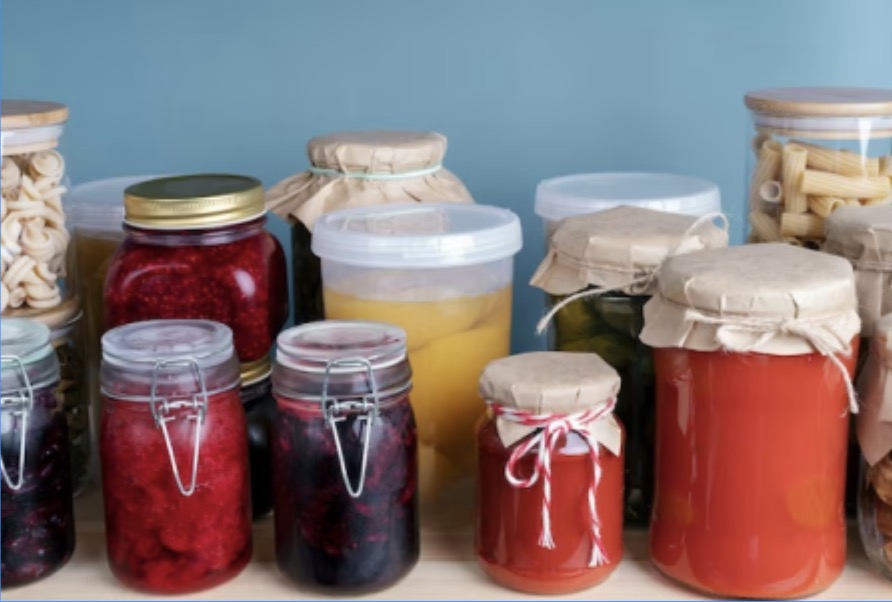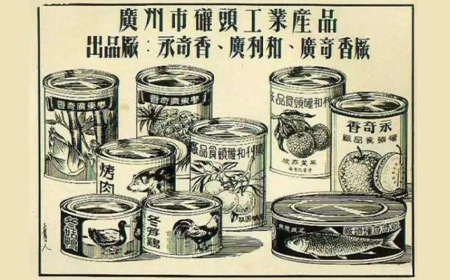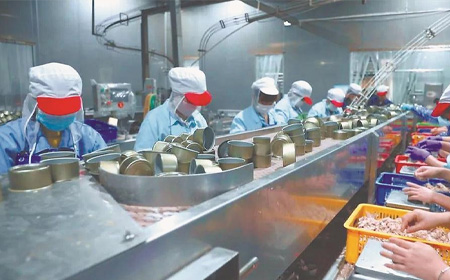Canned food has played a significant role in the process of globalization, facilitating the exchange of culinary traditions, expanding global trade, and shaping modern food cultures. This article explores the relationship between canned food and globalization, with a focus on the impact of canned food on North America and Europe. By examining scientific figures, historical insights, and production statistics, we gain a deeper understanding of how canned food has influenced culinary diversity, economic growth, and the interconnectedness of global food systems.
-
Canned Food and Culinary Exchange:
Canned food has been a catalyst for culinary exchange, enabling the spread of flavors, ingredients, and cooking techniques across borders. By preserving foods from different regions, canned products have introduced people to new tastes and expanded their culinary horizons. This exchange has enriched food cultures and contributed to the diversity of global cuisine.
-
Global Trade and Economic Growth:
Canned food has been instrumental in expanding global trade and driving economic growth. The ability to preserve food for extended periods and transport it long distances has facilitated the export of canned products to new markets. This has created economic opportunities, stimulated agricultural production, and contributed to the growth of food processing industries in both North America and Europe.
-
North America: A Hub of Canned Food Production:
North America has been a significant hub for canned food production, contributing to its impact on globalization. The United States and Canada have been major producers of canned goods, with a wide range of products exported globally. Scientific figures show that North American canned food production has steadily increased over the years, reflecting the industry's importance in meeting domestic and international demands.
-
Europe: A Rich Tradition of Canned Food Production:
Europe also has a rich tradition of canned food production, dating back to the early days of canning. Countries such as France, Spain, Italy, and the United Kingdom have been at the forefront of canned food manufacturing. European canned products, including vegetables, fruits, fish, and meats, have gained global recognition for their quality and culinary heritage.
-
Culinary Influence and Consumer Preferences:
Canned food has influenced consumer preferences and culinary practices worldwide. The availability of canned ingredients has allowed people to recreate traditional dishes from different cultures, regardless of geographical constraints. Canned products have become staples in many households, enabling individuals to incorporate diverse flavors into their daily meals and fostering a sense of global culinary interconnectedness.
-
Technological Advances and Quality Assurance:
Advancements in canning technology have improved the quality and safety of canned food, further fueling its globalization. Scientific figures highlight the importance of quality assurance measures such as pasteurization and strict hygiene practices in ensuring the safety and longevity of canned products. These technological advances have instilled consumer confidence in canned food and supported its global market expansion.
-
Global Availability and Accessibility:
Canned food's global availability and accessibility have made it a vital resource for addressing food security challenges. Canned products provide sustenance during times of crisis, natural disasters, or in regions with limited food availability. The ease of storage, long shelf life, and convenience of canned food have made it an essential component of humanitarian aid efforts and emergency response initiatives worldwide.
-
Future Trends and Sustainability:
As globalization continues to evolve, canned food faces new challenges and opportunities. The industry is embracing sustainability practices, focusing on eco-friendly packaging solutions and reducing food waste. Additionally, there is growing interest in locally produced and artisanal canned products, reflecting a desire for authentic flavors and supporting regional food systems.
Canned food has played a significant role in the globalization of culinary traditions, economic growth, and the interconnectedness of global food systems. Its impact on North America and Europe, as major producers and exporters of canned goods, cannot be overstated. Through culinary exchange, global trade, and technological advancements, canned food has shaped modern food cultures and expanded consumer choices. As the world continues to embrace globalization, canned food will remain a symbol of culinary diversity, convenience, and the interplay between tradition and innovation.






